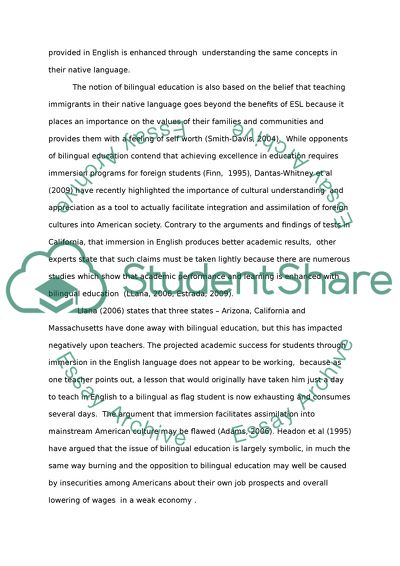Cite this document
(Advantages of Bilingual Education Research Paper, n.d.)
Advantages of Bilingual Education Research Paper. https://studentshare.org/education/1742875-bilingual-education
Advantages of Bilingual Education Research Paper. https://studentshare.org/education/1742875-bilingual-education
(Advantages of Bilingual Education Research Paper)
Advantages of Bilingual Education Research Paper. https://studentshare.org/education/1742875-bilingual-education.
Advantages of Bilingual Education Research Paper. https://studentshare.org/education/1742875-bilingual-education.
“Advantages of Bilingual Education Research Paper”. https://studentshare.org/education/1742875-bilingual-education.


